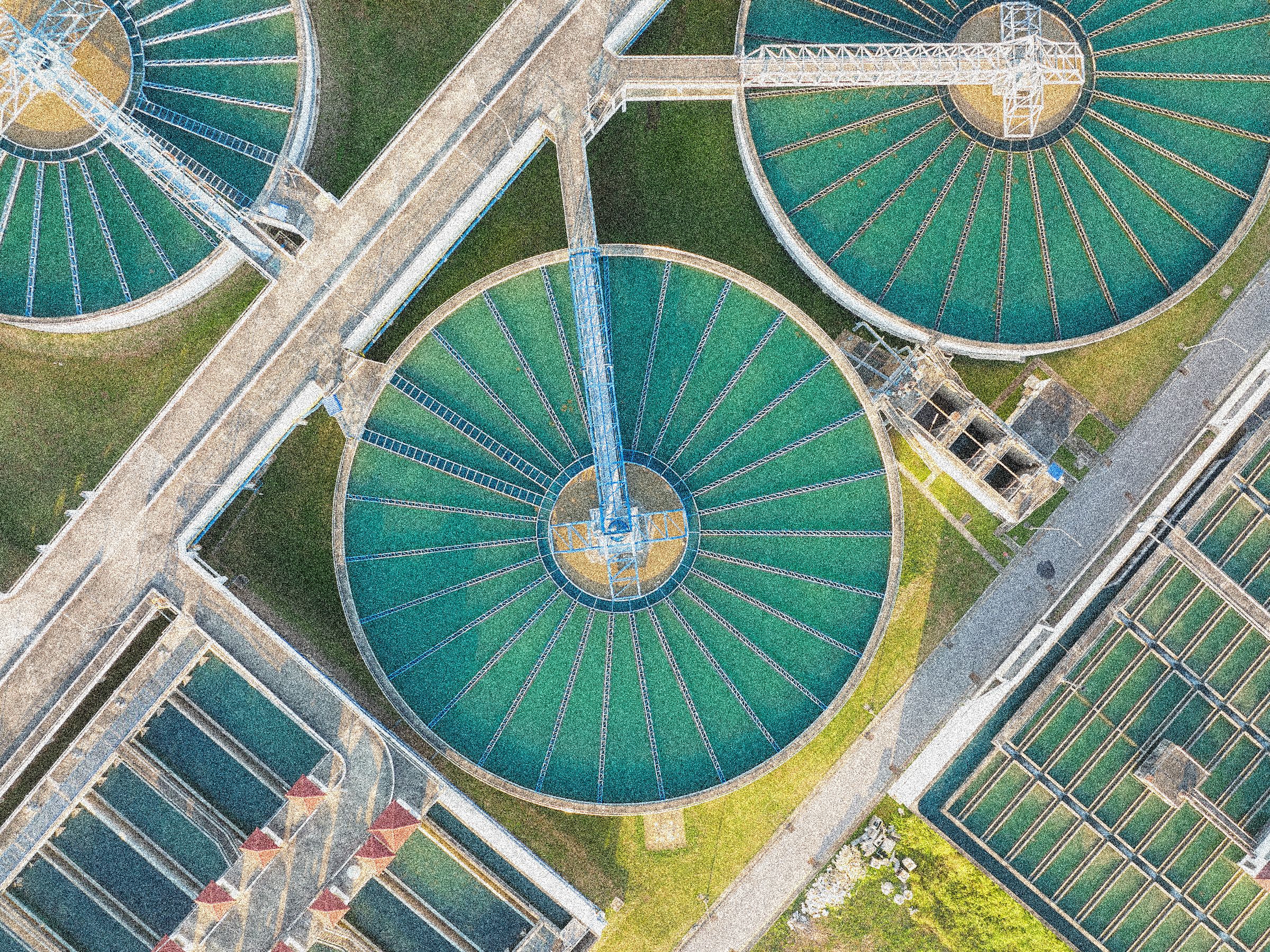Does Your City Use Chlorine or Chloramine to Treat Its Water?
Water treatment is a crucial process that ensures the safety and cleanliness of the water we consume. One key aspect of water treatment is the use of disinfectants like chlorine or chloramine to kill harmful bacteria and viruses.
Chlorine has been a popular choice for water treatment for many years due to its effectiveness in killing pathogens. However, some cities have started to switch to using chloramine instead, as it is less likely to form harmful disinfection byproducts.
To find out which disinfectant your city uses, you can contact your local water utility or check their website for information on their water treatment process. Knowing whether your city uses chlorine or chloramine can help you make informed decisions about your water consumption and ensure the safety of your drinking water.
Both chlorine and chloramine have their pros and cons, so it’s important to understand the differences between the two and how they may impact your health and the environment. Some people may be more sensitive to the taste or smell of chlorine in their water, while others may prefer the stability and longer-lasting effects of chloramine.
Regardless of which disinfectant your city uses, it’s important to support efforts to ensure clean and safe drinking water for all residents. Stay informed about your city’s water treatment process and advocate for responsible and sustainable water management practices in your community.
In conclusion, whether your city uses chlorine or chloramine to treat its water, it’s important to be aware of the potential benefits and drawbacks of each disinfectant. By staying informed and actively participating in water conservation efforts, we can all play a role in ensuring access to clean and safe drinking water for generations to come.






More Stories
Eargo 8 Hearing Aids Review: Too Expensive
Shark TurboBlade Review: Compellingly Customizable
We Hand-Picked the 24 Best Deals from the 2025 REI Anniversary Sale